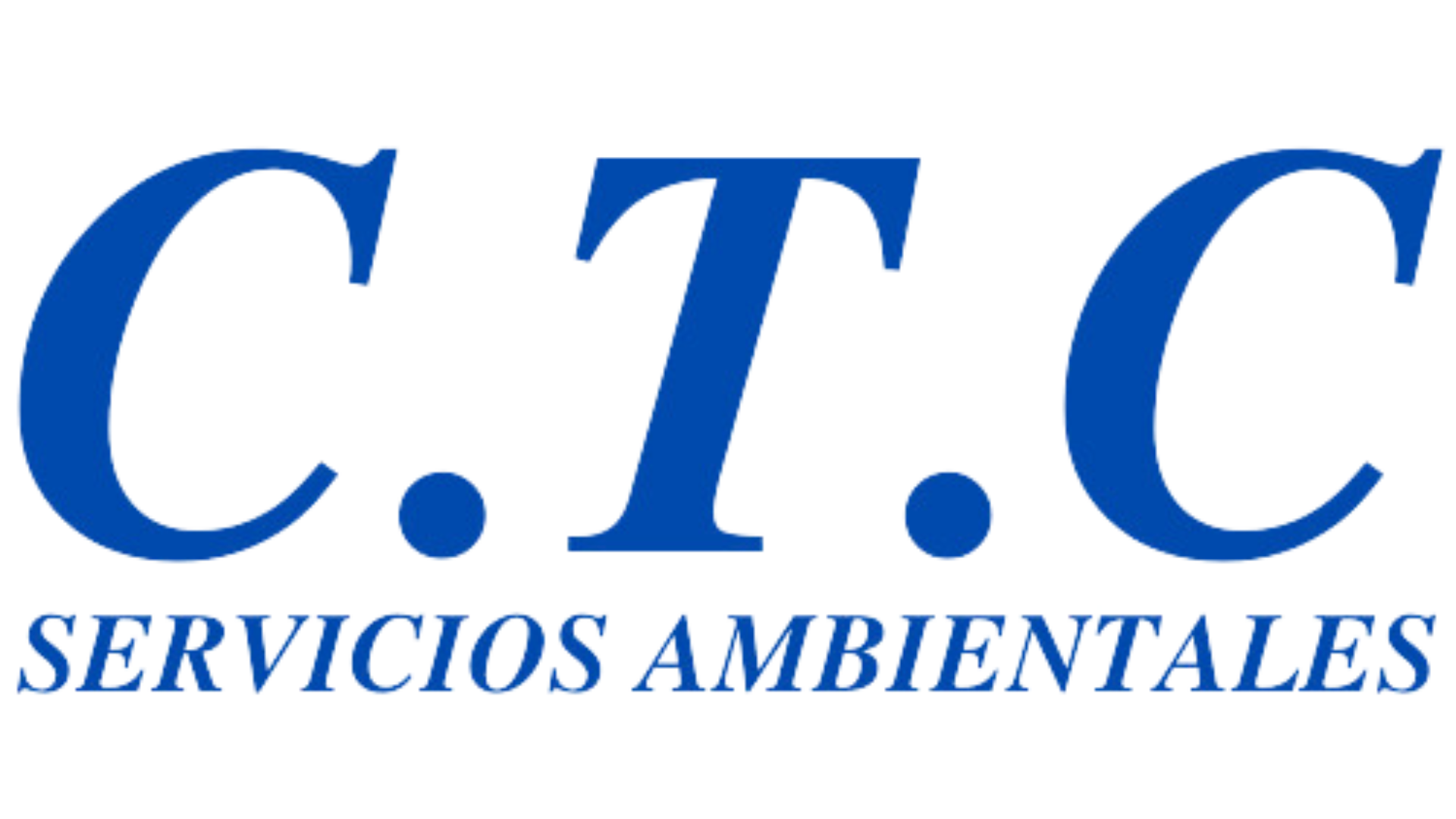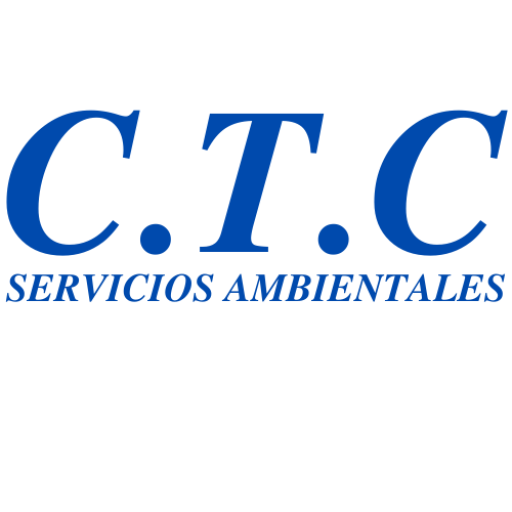As of July 3, 2024, a European Union regulation has introduced a significant change in the design of bottles and cartons up to 3 liters. Now, the caps and lids on beverage containers must remain permanently attached to the packaging. This measure is part of a global effort to reduce plastic pollution and promote more efficient recycling within the framework of the circular economy.
At CTC Servicios Ambientales, we work to support businesses in adapting to these new regulations, ensuring that their waste management practices are not only sustainable but also effective.
Why Are Caps Attached to Bottles?
One of the biggest problems with loose bottle caps is that, due to their small size, they often end up in the environment, where they are difficult to collect and recycle. In fact, plastic caps are among the most common litter found on beaches and in natural areas, and they can take up to 500 years to decompose 🌍.
The European Union, aware of this impact, implemented this regulation with several objectives in mind:
- Prevent plastic dispersion: Caps attached to the container reduce the likelihood of them being lost or improperly discarded.
- Ensure complete recycling: With the cap attached to the bottle or carton, both the cap and the container are recycled together, optimizing the process.
- Reduce environmental impact: By recycling both the cap and the bottle, we decrease the amount of plastic waste in landfills and oceans.

Who Is Affected by This Regulation?
This regulation is mandatory for the entire beverage industry and any business involved in the production, distribution, or sale of beverages in bottles or cartons up to 3 liters. The sectors most affected include:
- Beverage manufacturers: Including water, soft drinks, juices, and dairy products.
- Distributors and retailers: Such as supermarkets and retail chains.
- Packaging suppliers: That manufacture bottles and cartons for beverages.
If your company belongs to any of these sectors, it is essential that you are already complying with this regulation. Adapting is not only about legal compliance, but also about projecting an image of environmental responsibility to your consumers.
How Can Businesses Effectively Adapt?
At CTC Servicios Ambientales, we understand that complying with environmental regulations can be challenging, but it also presents an opportunity to improve your business’s sustainability. We offer comprehensive solutions to help you:
- Optimize waste management: We implement systems that ensure responsible and efficient handling of plastic waste, including bottles and their caps.
- Regulatory compliance consulting: We guide you through every step to ensure your business meets this regulation and other environmental standards.
- Process improvement: We help you adjust your production and packaging chain to comply with legal requirements, optimizing business efficiency without compromising sustainability.
Benefits for Your Business and the Environment
Complying with this regulation offers multiple benefits for both businesses and the planet:
- Environmental responsibility: Meeting this regulation strengthens your company’s commitment to reducing plastic waste and protecting ecosystems.
- Enhanced brand image: Consumers are increasingly valuing companies that prioritize sustainability. Adapting to these regulations not only improves your reputation but also strengthens customer loyalty.
- Resource optimization: Efficient recycling of containers and caps reduces waste and can even generate operational cost savings in the long term.
At CTC Servicios Ambientales, we are here to help your business comply with the new EU regulation and adopt more responsible recycling practices. Adapting to these changes is an opportunity to grow your business sustainably, protect the environment, and improve your competitiveness.
📩 Contact us today for a personalized consultation and discover how our solutions can make a difference in your company’s waste management strategy.


